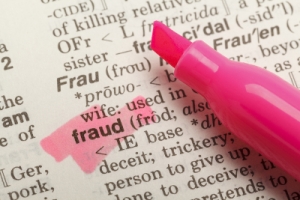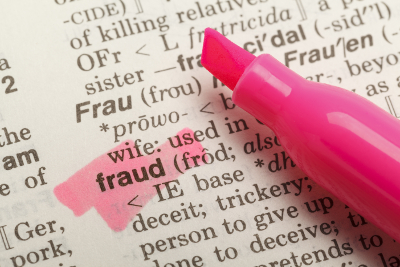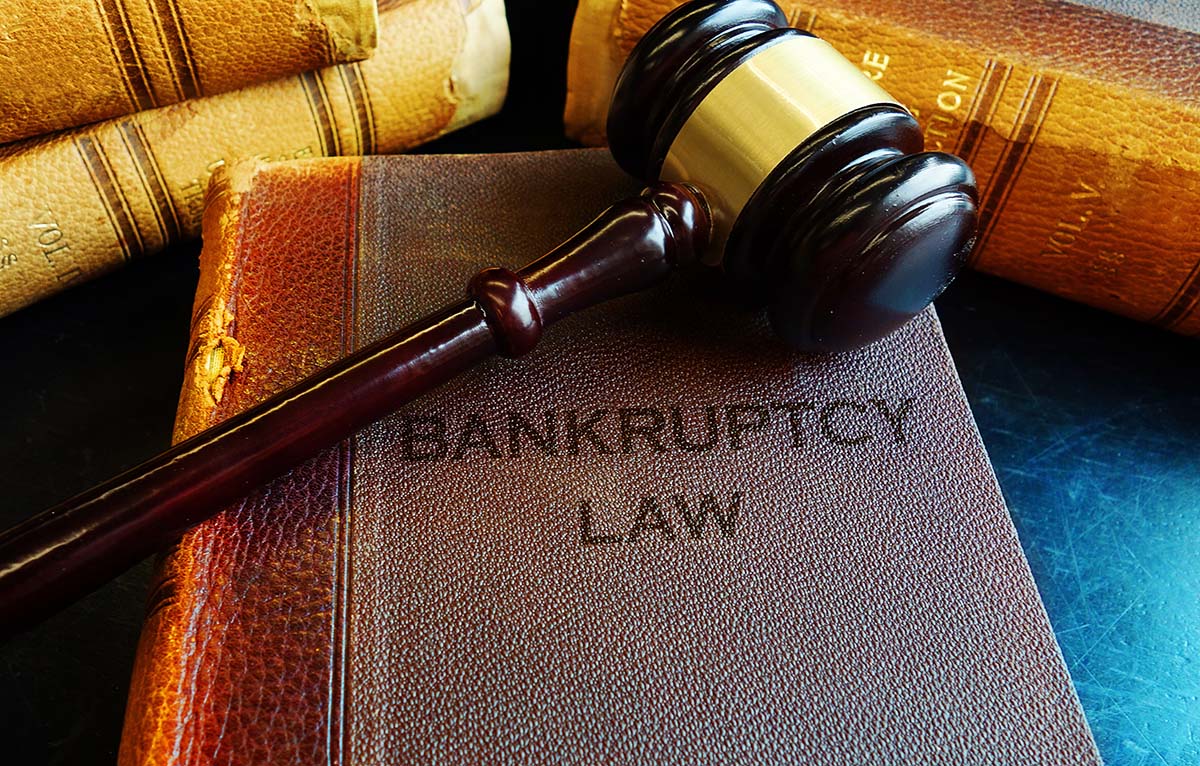The Repercussions of Committing Bankruptcy Fraud in Arizona
Bankruptcy filings in Arizona come with certain responsibilities for the debtor. Any attempt to a�?cheat the systema�? could potentially result in bankruptcy fraud charges. Just like all other states, Arizona has specific sanctions for the individuals who knowingly or unknowingly commit bankruptcy fraud in Arizona.
Activities that Classify as Bankruptcy Fraud in Arizona
Meeting a bankruptcy attorney and acquainting yourself with Arizona regulations will help you file without committing violations. Various types of activities classified as bankruptcy fraud in Arizona are:
- The concealment of assets for the purpose of preventing creditors from taking it over
- Falsifying the bankruptcy forms and documents
- Filing bankruptcy petitions simultaneously in multiple states
- Bribery (usually, a bribery scheme will revolve around the court-appointed bankruptcy trustee)
- Credit card fraud (opening up a new credit card and/or spending excessively before filing)
- Filing bankruptcy solely for the purpose of benefiting from the automatic stay close
- Filing bankruptcy under multiple identities
Arizona Bankruptcy Fraud Regulations
Arizona Revised Statutes Section 13-2310 defines fraud. The statute pertains to all types of fraud schemes, including the ones committed via bankruptcy filing.
According to local regulations, fraud is defined as obtaining any kind of benefit through the use of material omissions, falsification of documents or other kinds of fraud. The statute states that fraud is a Class 2 felony in Arizona.
Every single time a person commits fraud is viewed as an individual violation instance. Thus, a person that conceals assets and that falsifies bankruptcy documents will be committing fraud two times. In such instances, the repercussions could be much more serious than in the case of committing fraud once or making an honest mistake.
The Consequences of Bankruptcy Fraud
Depending on the severity of the charges and the number of times a person has committed fraud, the repercussions may be serious. They can include a fine of up to 250,000 dollars and a prison sentence of up to 20 years.
A bankruptcy petition is filed under the penalty of perjury. This means the individual filing the documents states that all information contained in them is true. If the information is found not to be true, the individual accepts the fact that theya��ll face the repercussions based on the respective US law.
 A minor mistake or a single act of fraud will obviously not lead to the most severe consequences. One important thing to realize, however, is that fraud will eliminate the possibility for getting bankruptcy discharge, which is usually the one primary goal of filing.
A minor mistake or a single act of fraud will obviously not lead to the most severe consequences. One important thing to realize, however, is that fraud will eliminate the possibility for getting bankruptcy discharge, which is usually the one primary goal of filing.
Even if the discharge has already been granted before the fraud was uncovered, there could still be sanctions. After the bankruptcy trustee suspects fraudulent activity, they may ask the court to revoke the discharge in its entirety.
A final consequence to be aware of is the so-called temporary injunction. Whenever a bankruptcy trustee suspects fraudulent activity, they can seek a temporary restraining order or temporary injunction from court. Usually, temporary injunction will be requested whenever asset concealment or fraudulent asset transfers have occurred before the filing. In such instances, the trustee can seek court assistance in the form of a restraining order without notifying the debtor about it in advance.
How to File Bankruptcy without Committing Fraud
While some people commit bankruptcy fraud knowingly, others commit mistakes because theya��re not fully aware of Arizona regulations. Learning about the process in its entirety is an absolute essential for getting all documentation and financial affairs in order.
Seeing a bankruptcy attorney is another essential. Many people commit documentation and filing errors whenever they attempt to deal with the process on their own. While attempting to save money does make sense in such situations, DIY filing can have serious and costly consequences. Getting attorney assistance is always the smartest option for people who want to do quick and error-free bankruptcy filing.





